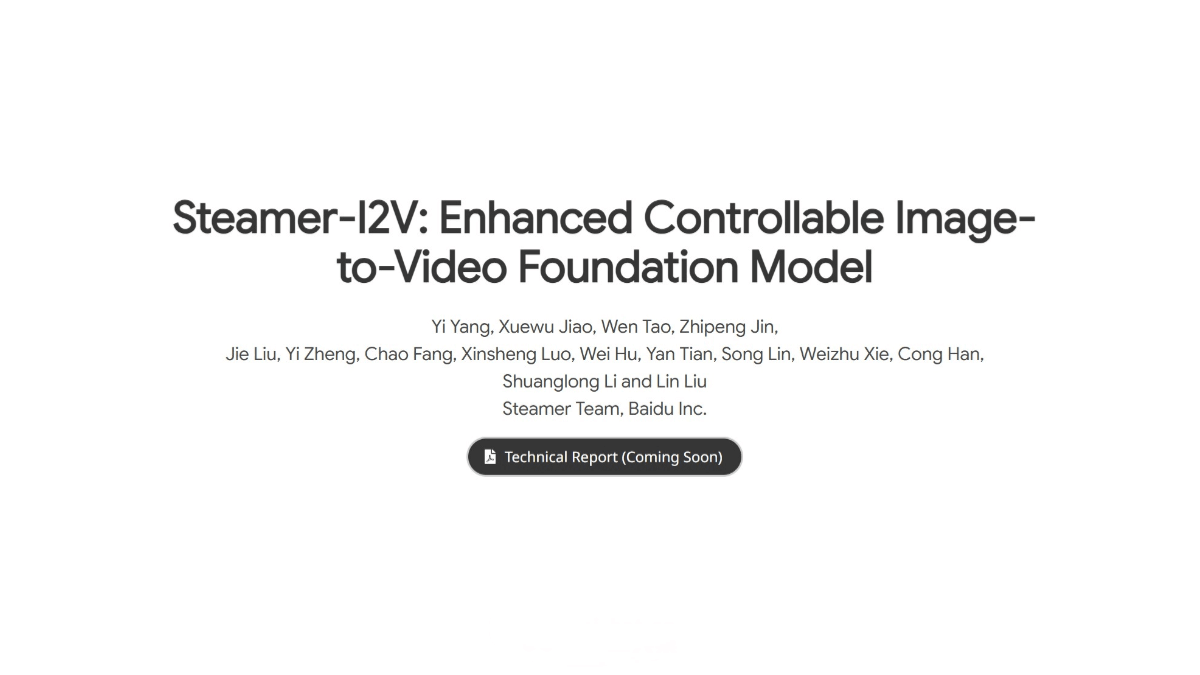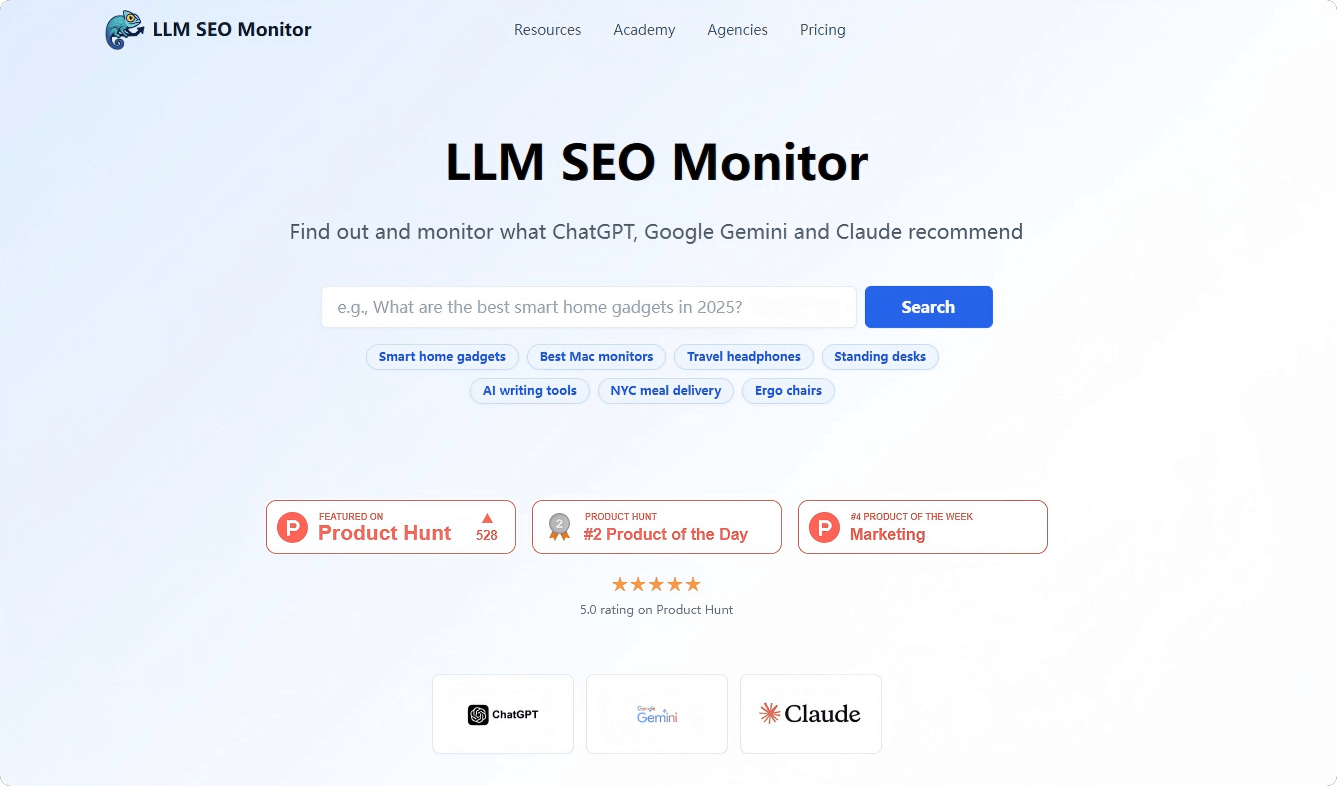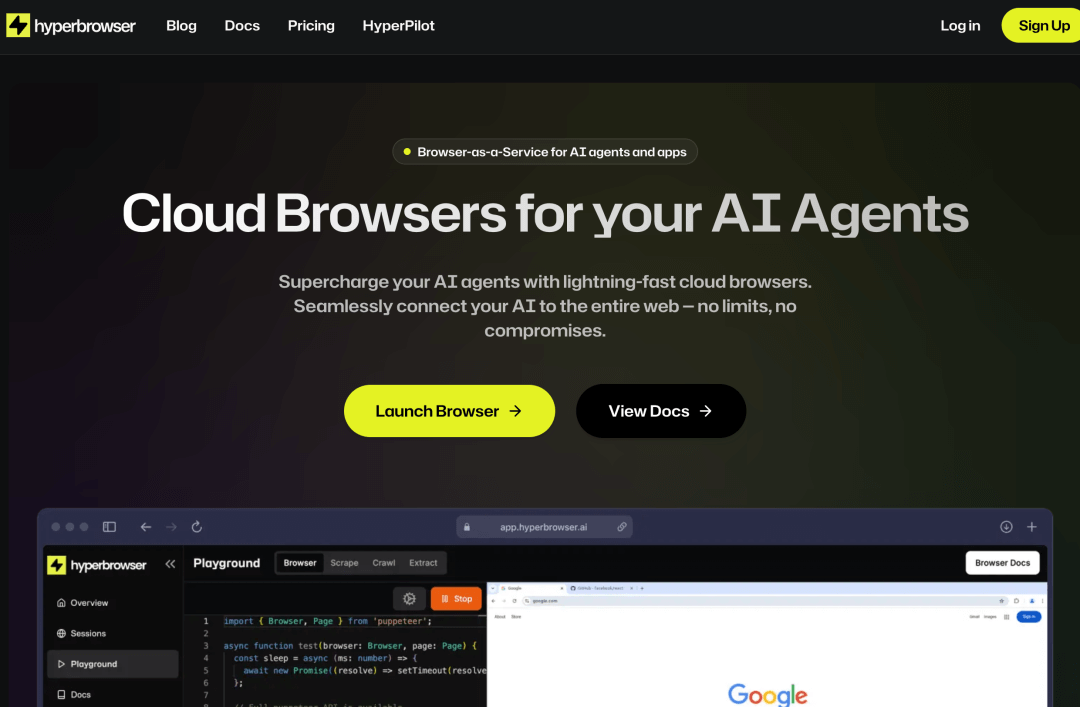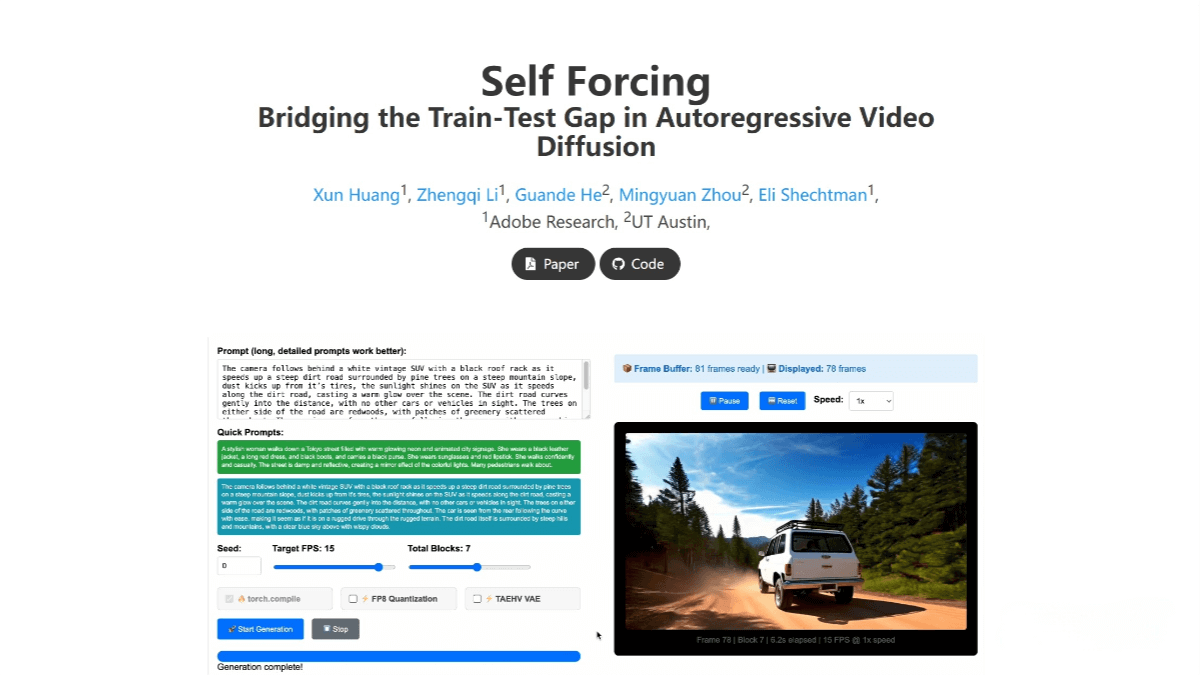DeerFlow: The Next-Gen Multimodal Workflow Engine for AI-Driven Research
What Is DeerFlow?
DeerFlow is a community-driven, open-source framework developed by ByteDance. It is designed to integrate language models with external tools such as web search, web scraping, and Python execution to build complex and intelligent workflows. DeerFlow emphasizes modularity and composability, offering a unified platform for creating AI-powered multimodal task pipelines.
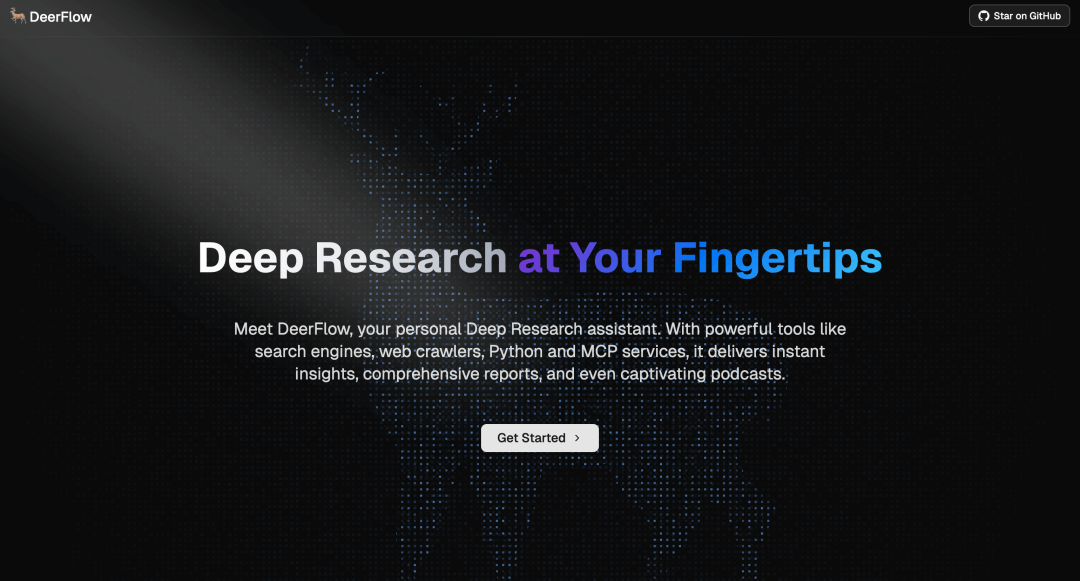
Key Features
-
Multimodal Tool Integration
Seamlessly incorporates tools like web search, data crawlers, and Python code execution to build rich, versatile task flows. -
Modular Workflow Design
Its architecture allows for flexible and customizable composition of components, enhancing scalability and maintainability. -
Community-Driven & Open Source
As an open-source project, DeerFlow welcomes contributions from developers and researchers worldwide. -
Flexible Configuration & Extensibility
Highly configurable to meet specific project needs and adaptable to a wide range of use cases.
Technical Architecture & Principles
DeerFlow’s architecture emphasizes modularity and extensibility. Its core components include:
-
Task Scheduler
Orchestrates the execution order and dependencies between modules. -
Tool Abstraction Layer
Provides unified interfaces for integrating external tools such as web crawlers, search engines, and Python runtimes. -
Workflow Engine
Parses user-defined workflows and coordinates module interactions to execute complex tasks.
This architecture enables seamless integration of LLMs with external tools, supporting asynchronous execution and advanced task chaining.
Project Repository
-
Official Website:
https://deerflow.tech
Application Scenarios
Thanks to its multimodal and modular nature, DeerFlow is applicable in various AI-related domains:
-
Automated Research Assistants
Combine LLMs with web search and scraping tools to autonomously gather, organize, and analyze research materials. -
Data Analysis & Processing
Automate data workflows using Python modules for high-volume data handling and insight generation. -
Intelligent Q&A Systems
Build LLM-powered assistants with access to real-time knowledge and external sources. -
Educational and Training Tools
Design personalized learning systems that deliver smart recommendations and adaptive support.
Related Posts

